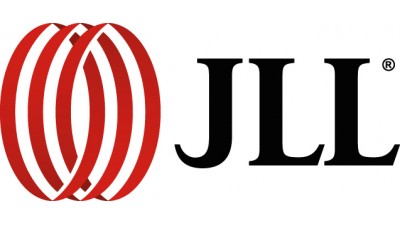Three Key Factors Shaping Post-Recession Denver Office Construction

The Denver office market has exploded over the last five to seven years, with 4M SF under construction in Q1 2017, according to JLL.
The high levels of new construction have impacted tenant office improvements in the Mile High City. Costs have not only risen, but the time required to complete renovations has nearly doubled during the post-recession boom. New wellness initiatives have grown in popularity as tenants build spaces for employees that focus on improving working conditions.
1. Cost
To attract the U.S.’ best and brightest, companies have outfitted offices with new finishes, better lighting, open floor plans and Class-A amenities. While luxury renovations often cut deep into tenant budgets, office build-outs in Denver have become pricey for the most basic of upgrades.
“During the Great Recession, if you were doing a basic tenant improvement project, including new paint, carpet replacement and some limited hardwall construction without any specialty or technical areas, that would have been a $30/SF build-out,” said Laura Kucharczyk, senior vice president of JLL’s Project & Development Services group. “I would say now, we are looking at more of a $40/SF build-out.”
Increased demand is not the only cause behind the price increase. Finding skilled labor for all of the projects in development has proved challenging for tenants.
“The trades are busy and they don’t need to discount their work to get projects,” Kucharczyk said.
The cost for materials, notably drywall and steel, has also risen. Mortenson Construction Co. predicts a 3.5% to 4% overall increase in construction costs for Denver owners.
Denver remains a seller’s market, and the tenant improvement allowances as an incentive to sign a lease are not as generous. Reusing existing materials offers the best option for reducing build-out costs.
2. Timing

Demand has increased the amount of time needed to complete projects. From collaborating with design teams to bidding with general contractors, every step of the process involves working with firms inundated with clients.
“Every portion of the schedule is longer than it used to be,” Kucharcyzk said.
During the recession, general contractors in Denver had the time to turn around a bid to begin work in less than a week. The minimum wait time has since ballooned to two weeks to a month, depending on the scope of the project. After breaking ground, the construction timeline has increased from 10 weeks to 14 weeks.
Labor shortages add to delays. A national survey from the Associated General Contractors of America reported nearly 70% of construction firms are having difficulty finding hourly skilled craft workers.
Permitting processes also have become longer for many local jurisdictions. Approvals can take six to 12 weeks and are often unpredictable as many reviewers from outside Denver are being brought in to deal with an overflow of submissions.
“It really depends who it goes to, what they have in their queue at the time and how critical they are of the plans that are submitted," Kucharcyzk said. “That can fluctuate week to week.”
3. Wellness Initiatives
Amid rising costs, Denver office tenants also are discovering employee wellness goes beyond a state-of-the-art fitness center and coffee bar. While the past five to seven years have trended toward sustainable, LEED-certified buildings, a move toward improving individual working conditions, like access to natural light, has increased in popularity.
Office managers can certify the wellness of their buildings based on eight separate criteria from the WELL Building Standard: air, water, nourishment, light, fitness, comfort, mind and innovation. Requirements range from reducing indoor air pollution to providing healthy food options.
A focus on wellness could be crucial to retaining young talent.
“Wellness is one of the things that is more important for certain generations, so tenants are incorporating it from an attraction and retention standpoint,” Kucharcyzk said.
To learn more about this Bisnow content partner, click here.

